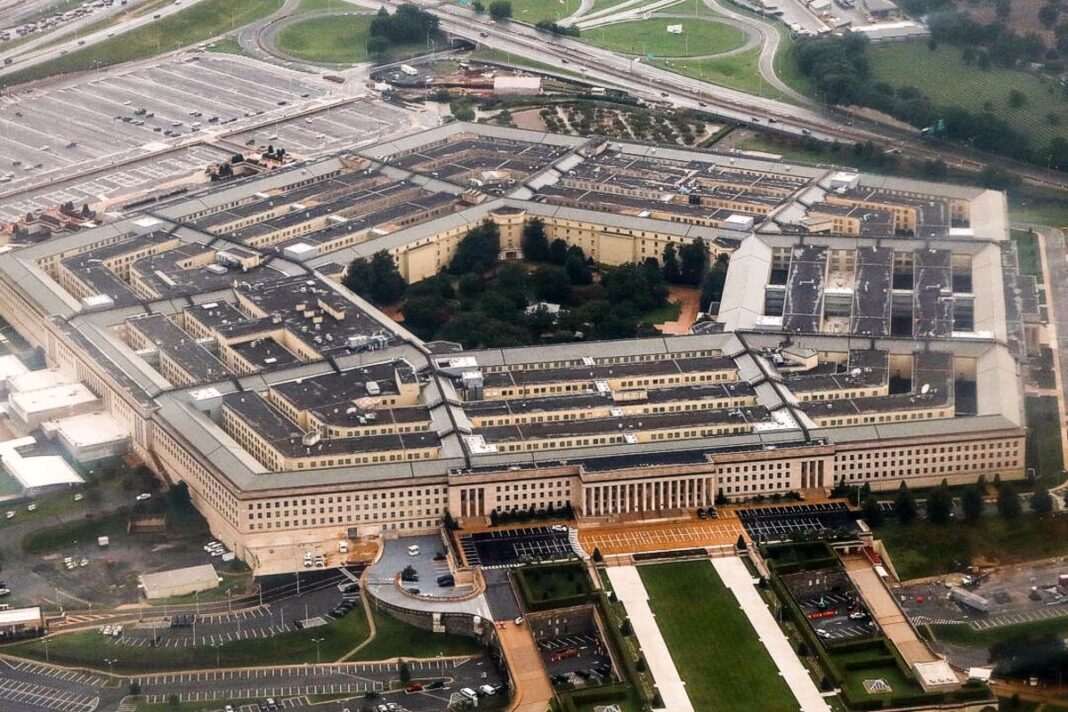Sen. Roger Wicker objects to what he sees as White House cuts to the defense budget in the reconciliation bill.
The White House on May 2 shared a $1 trillion military budget proposal for fiscal year 2026 and some congressional Republicans have said the funding doesn’t quite add up.
White House Office of Management and Budget Director Russ Vought sent a letter to Sen. Susan Collins (R-Maine) that laid out the 2026 budget. Vought told Collins, the Senate Appropriations Committee chair, that the plan provides a 13 percent increase in the military budget, bringing the total to $1.01 trillion.
Sen. Roger Wicker (R-Miss.), the Senate Armed Services Committee chair, was quick to dispute Vought’s budget.
“[The Office of Management and Budget] is not requesting a trillion-dollar budget. It is requesting a budget of $892.6 billion, which is a cut in real terms,” Wicker said in a May 2 statement.
The White House reached its $1 trillion defense budget figure by combining this $892.6 billion budget request for fiscal year 2026 with a $119.3 billion that’s part of a supplemental defense spending plan that’s currently advancing through Congress as a reconciliation bill.
Wicker said it’s not the plan he wants to see through the reconciliation process.
“The Big, Beautiful Reconciliation Bill was always meant to change fundamentally the direction of the Pentagon on programs like Golden Dome, border support, and unmanned capabilities—not to paper over OMB’s intent to shred to the bone our military capabilities and our support to service members,” he said.
Though the spending plan comes from the White House, Wicker cast the proposal as one at odds with Trump’s true intent.
“President Trump successfully campaigned on a Peace Through Strength agenda but his advisers at the Office of Management and Budget were apparently not listening,” Wicker wrote.
Wicker said more military funding is necessary to ensure that Chinese Communist Party leader Xi Jinping “does not launch a military war against us in Asia.” He also raised concerns about existing security challenges from countries such as Russia and Iran, and from Hamas and the Houthis; terrorist groups based in Gaza and Yemen, respectively.
By Ryan Morgan








